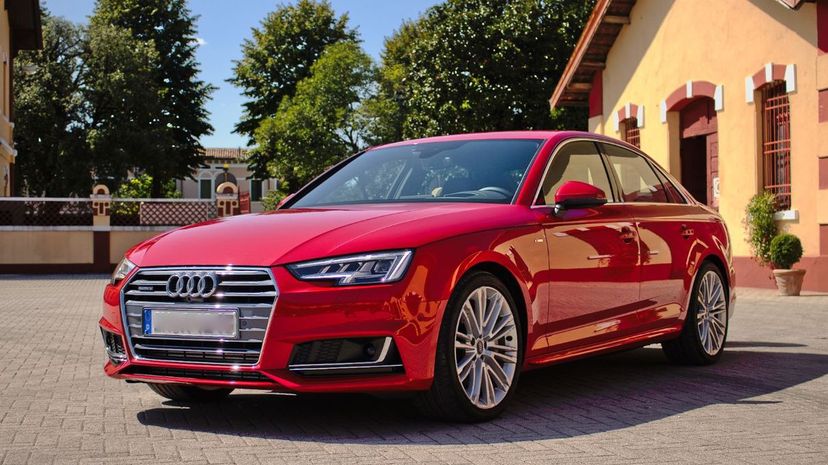
About This Quiz
As someone who looks ready to take an automobile quiz, we're going to assume that you think you know a lot about cars. You can probably cite some stats, and you surely know more about your favorite brands than the average Joe on the road. But how much do you know by your gut? Can you guess the brand given very limited information? Can you name the company with just three clues?
Cars are part of our cultural heritage, not to mention our daily experience. We see cars of countless makes and models every day on our way to work, school, to visit family and to go to our other activities. But are you paying attention? How much do you know about the manufacturers who build the vehicles that make our modern life possible?
This quiz will test your knowledge of brands you see each day - as well as some exclusive automakers that you might not see that often. We'll also give you some information about their history and fun facts that you can use the next time you want to impress a friend with your automotive know-how.
Some of these might seem easy, but others will require some expert-level knowledge. So, if you think you're ready to match wits with a trio of clues designed to rev your brain to the red line - and you look ready to us - it's time to roll up to the starting line and get this quiz started!
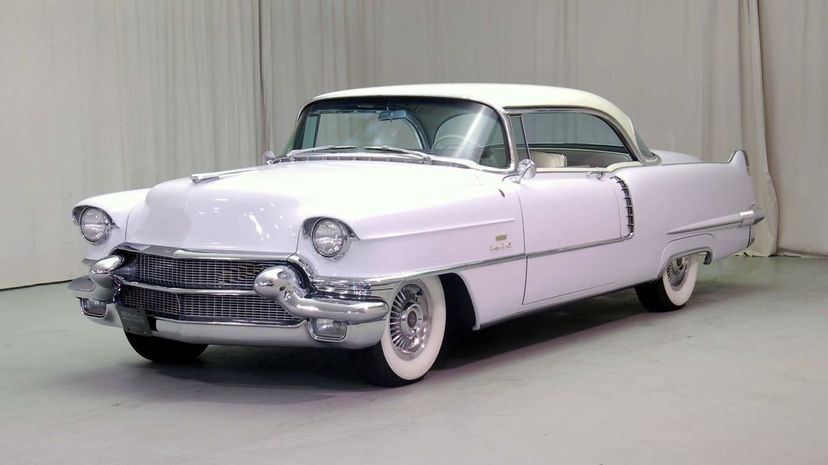
Founded in 1902 and named after Detroit's founder (Antoine de la Mothe Cadillac), Cadillac had several firsts for the auto industry, including the first car with a completely enclosed cabin and the first production car with an electronic starter (eliminating the crank starter). But Cadillac is best known, of course, for comfort and style. Vehicles like the Eldorado and the DeVille have been status symbols for decades. Driving a Caddy makes a statement.
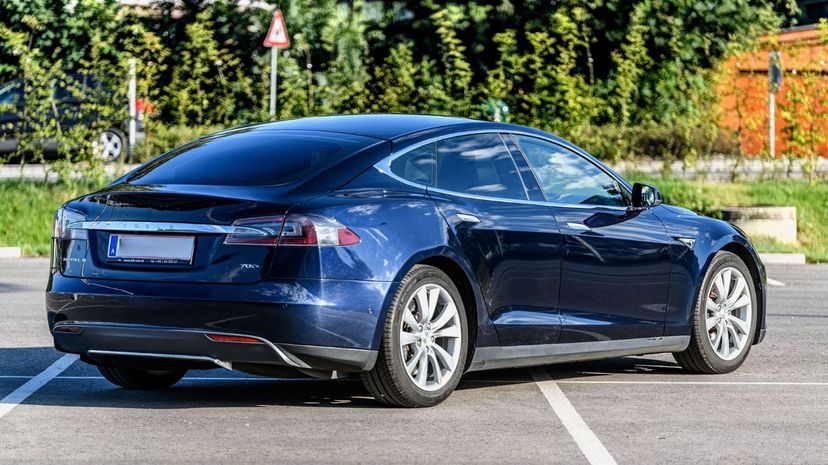
Named after engineer and inventor Nikola Tesla, the electric car company started in 2003 after founders Martin Eberhard and Marc Tarpenning saw GM recall its own electric car, the EV1, and destroy them. Billionaire Elon Musk joined Tesla a year later (being retroactively named a founder) and took an active role in product design and strategy. Tesla currently has three models in production, with more to come.
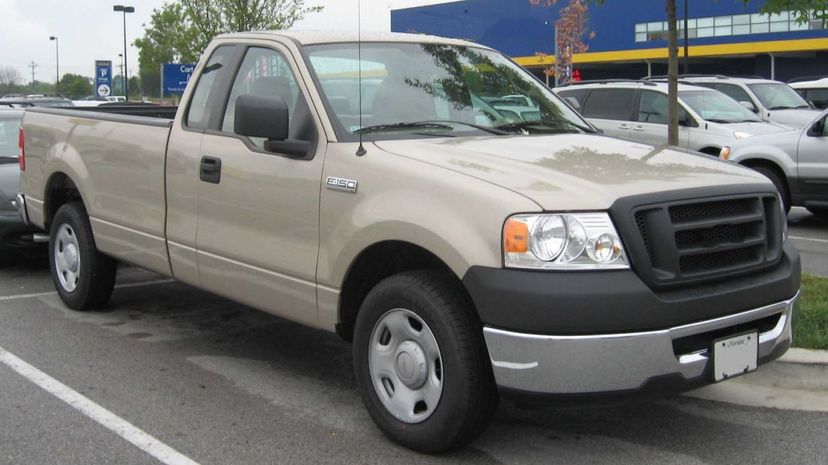
When the Model T rolled off the mobile assembly line in 1908, the Ford Motor Company ushered in the age of modern mass production. Cars were no longer only for the rich but instead became methods of transportation that many families could now afford. Ford has been a leader in auto manufacturing ever since. The Mustang fired the first shot in the "pony" car wars, and the F-150 pickup has had the distinction of being the most popular vehicle in the U.S. for decades.
Advertisement
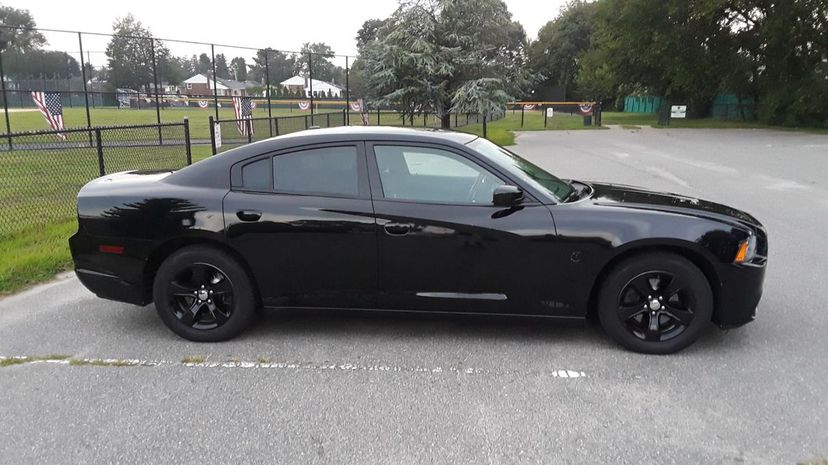
The Dodge Brothers Company (founded in 1900 by Horace and John Dodge) originally made parts for other automakers, entering into a strategic partnership with Ford early on. In 1914, the brothers started making cars of their own and did wonderfully - until 1920, when they both passed away. The much smaller Chrysler Corporation bought Dodge in 1928. With classic muscle cars, popular consumer models and a long line of trucks, Dodge is one of the most recognizable brands on the market.
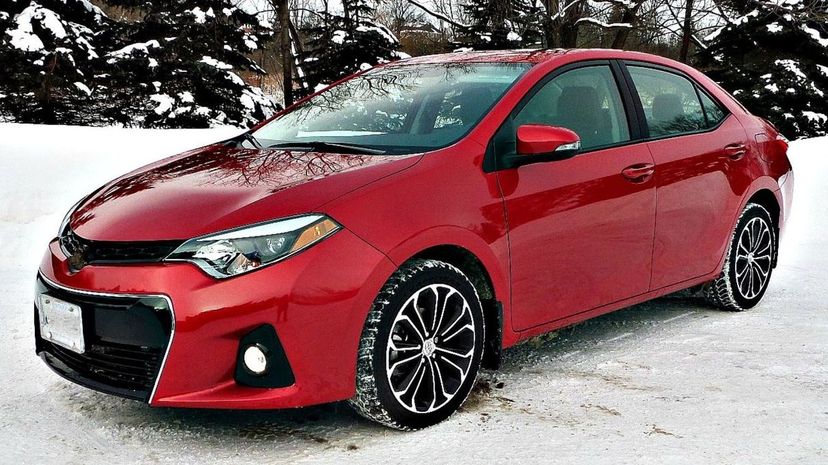
The Toyota Motor Company is actually an offshoot of the Toyoda Loom Works, becoming an independent company in 1937. Toyota had a rocky start - it almost went bankrupt early on but was saved by the U.S. Government ordering vehicles for the Korean War - but is now one of the world's biggest automakers. The company is also known for dependability - by some estimates, 80% of Toyotas sold 20 years ago (yes, 20 years ago!) are still on the road.
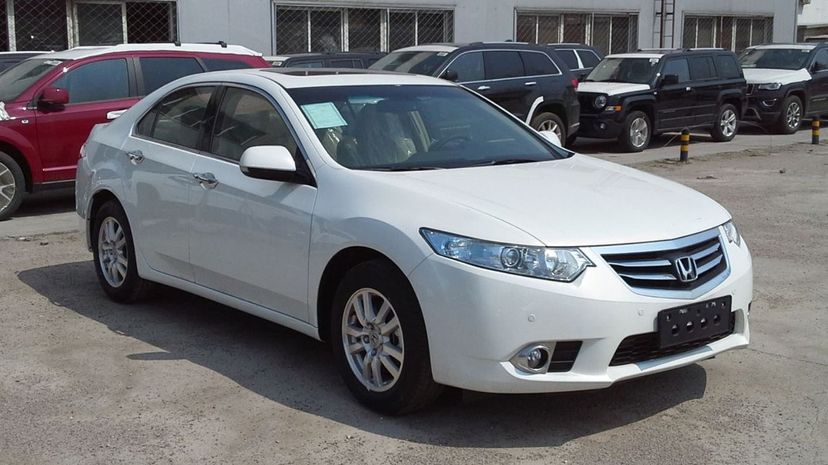
In 1946, Japan's manufacturing industry was in ruins. Soichiro Honda began the Honda Technical Research Institute and, after a few false starts, began adapting two-stroke motors to run on turpentine and attaching them to bike frames. Fast forward to 1959, and Honda becomes the world's largest motorcycle manufacturer. Go ahead again to 2015, and it becomes the eighth largest automobile manufacturer in the world.
Advertisement
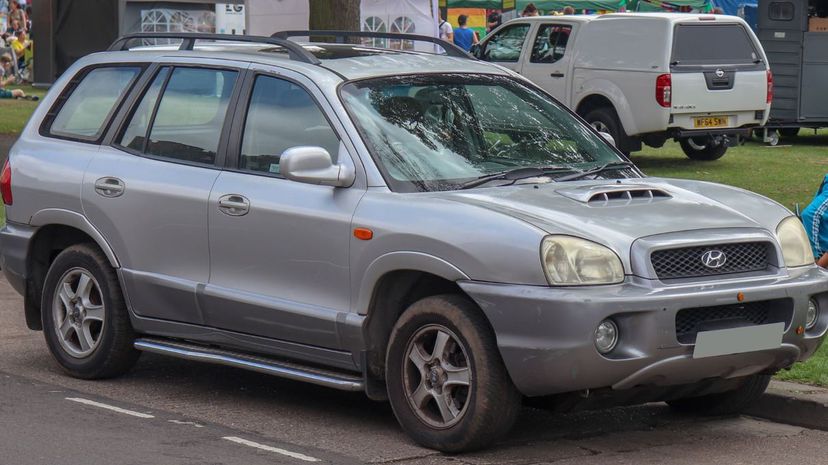
Hyundai - "modernity" in Korean - was an offshoot of a South Korean engineering and construction company that entered the car manufacturing field in 1967. Hyundai's first U.S. model - the Excel - was an inexpensive subcompact and designed by Giorgetto Giugiaro, who also designed the BMW M1 and the DeLorean DMC-12. The company operates what is currently the world's largest manufacturing plant, which can produce 1.6 million vehicles a year.
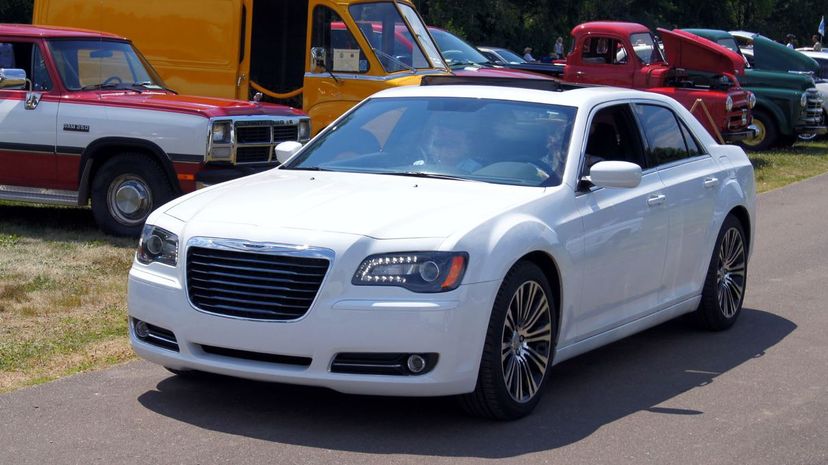
The company that would become Chrysler began as the Maxwell Motor Company in 1913. The recession that took place after World War I almost bankrupted the company, but it was rejuvenated after former Buick executive Walter Chrysler took the helm. Although it's one of Detroit's "Big 3" and historically has been one of America's premier companies, The Chrysler Group has been a wholly-owned subsidiary of Italian company Fiat since 2014.
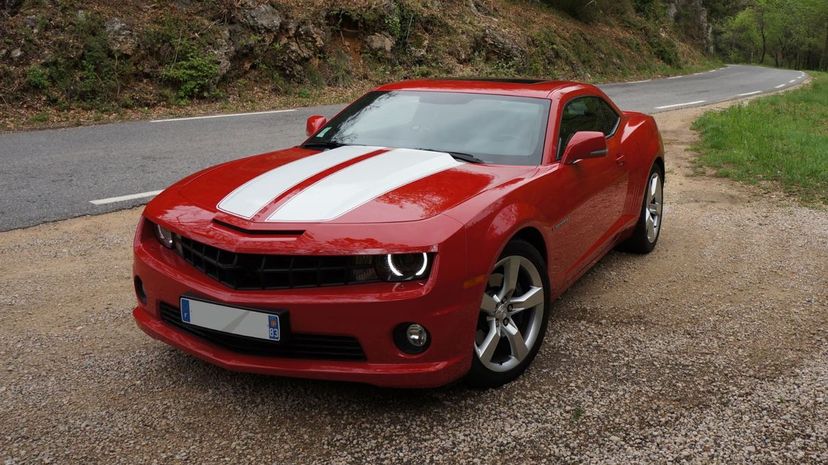
Chevrolet began in 1911 when Swiss race car driver Louis Chevrolet founded the company with auto pioneer William C. Durant and other inventors and soon forged a place in American - and world - automobile history. Chevy is responsible for many iconic cars in that history, including the Camaro, Corvette, Silverado, Impala and Chevelle. The company's "bowtie" logo is one of the oldest in the U.S. and its shape hasn't changed since 1913.
Advertisement
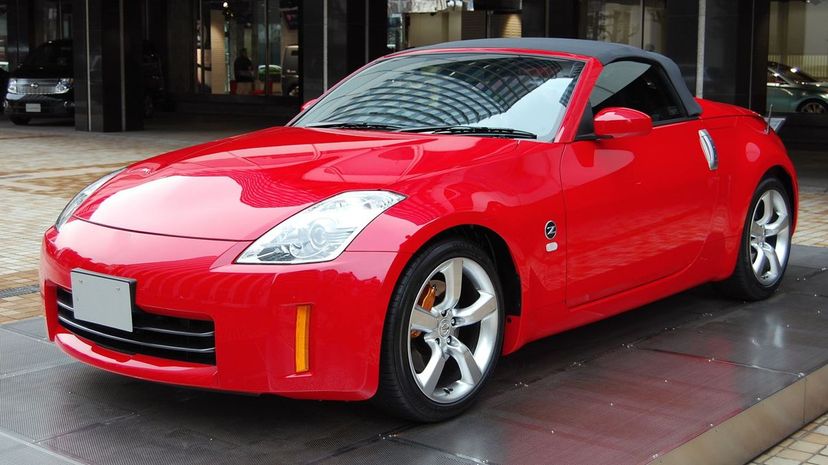
Japan-based Nissan didn't start selling in the U.S. until 1959 (under the name "Datsun"), 26 years after forming, displaying a car and a truck at the 1959 Los Angeles Auto Show. Once the company got a foothold in North America, however, they soon made up for lost time, with the company now regularly selling between 7 to 8% of new vehicles in America. The Fairlady 240Z, which kicked off the Z-series sports cars, hit U.S. shores in 1969.
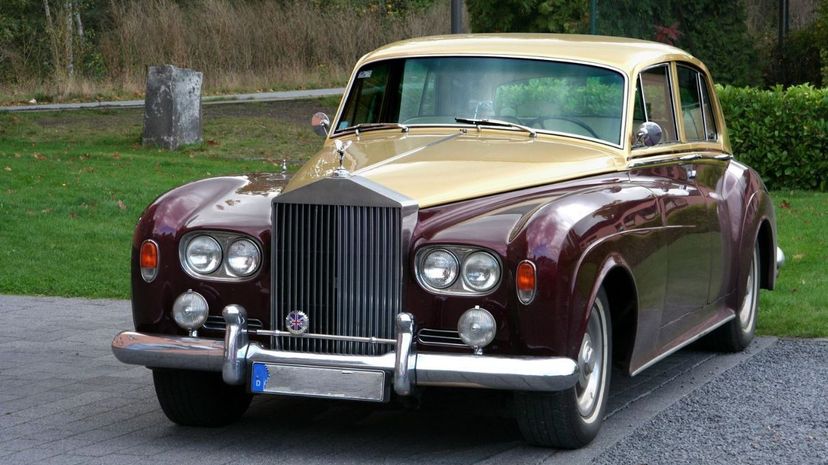
Rolls-Royce became a business in 1904 when engineer Henry Royce and U.K. dealership pioneer Charles Rolls formed a partnership to design and build "the best car in the world," and many would argue that they succeeded. The company, now owned by BMW, builds the Phantom, which is the longest-running auto nameplate in history. Now in its eighth generation, the Phantom, which replaced the Silver Ghost, has been made since 1925.
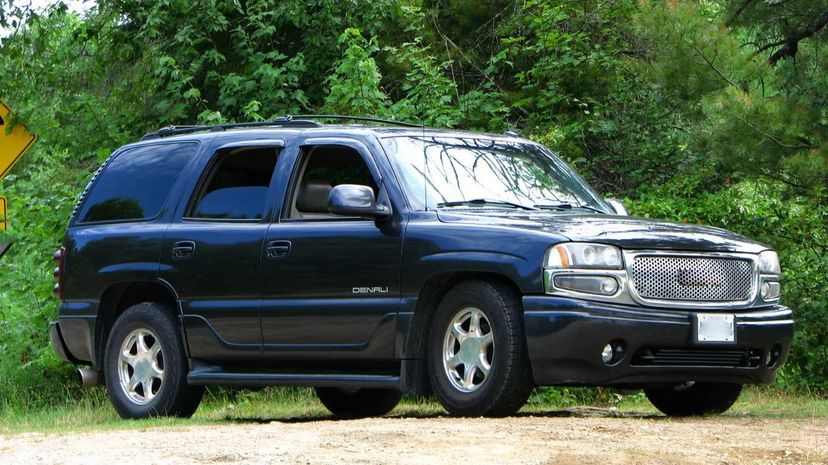
GMC's the division of General Motors that focuses on the upmarket trucks and utility vehicles of the parent company. GMC often shares platforms with its sister company, Chevrolet, although each company can produce different engines, trim levels and options to cater to their individual markets. The GMC Spirit, for instance, was almost identical to the Chevy El Camino, and the current Sierra pickup is related to the Chevy Silverado.
Advertisement
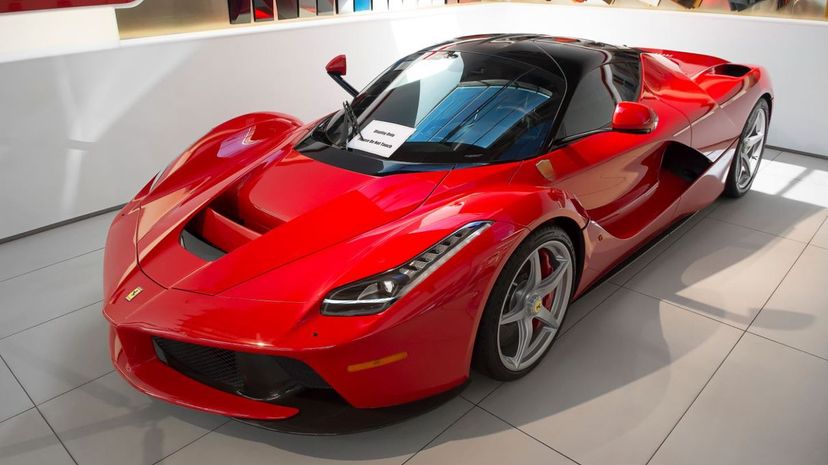
Anyone watching television in the 1980s could identify one car's brand by sight - the Ferrari 308 driven by the title character in "Magnum P.I." This flashy red car was only one of the many sleek designed offered by the Italian carmaker, which is an icon not only in the luxury sports car realm but in the motorsports arena as well. Another famous model, the Testarossa, featured prominently on later seasons of the TV show "Miami Vice."
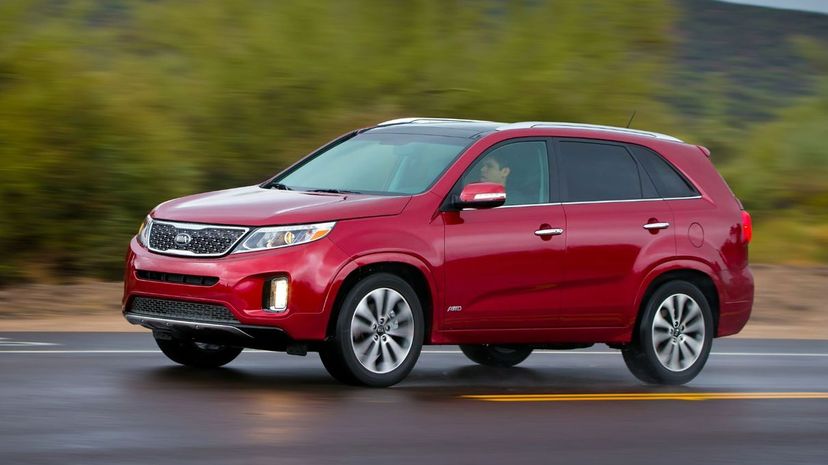
Its name meaning "Rising out of the East," Kia Motors is the second-largest South Korean automaker (the largest, Hyundai, actually owns about one-third of Kia). The company started in 1944 as a maker of steel tubing and parts for bicycles and eventually got into making motorcycles and automobiles until sidelined in the 1980s because of political turmoil. Kia re-entered the market with a partnership with Ford and incorporated Kia Motors America in 1992.
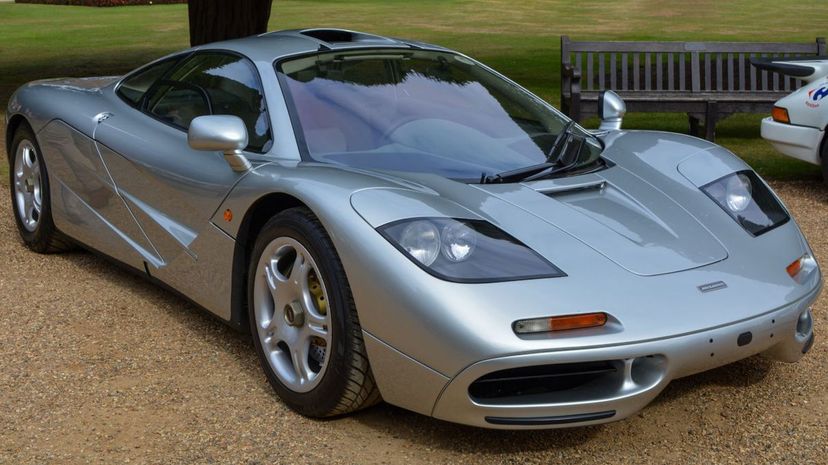
McLaren Automotive is a company with a deep racing tradition and has used those lessons in designing some of the sleekest - and most expensive - super sports cars on the road today. The 2019 McLaren 600LT, for example, is a car with 600 horses under the hood and a price tag of $240,000. The company is named for driver Bruce McLaren, who was killed in a racing accident in 1970 and founded what would become McLaren Automotive in 1963.
Advertisement
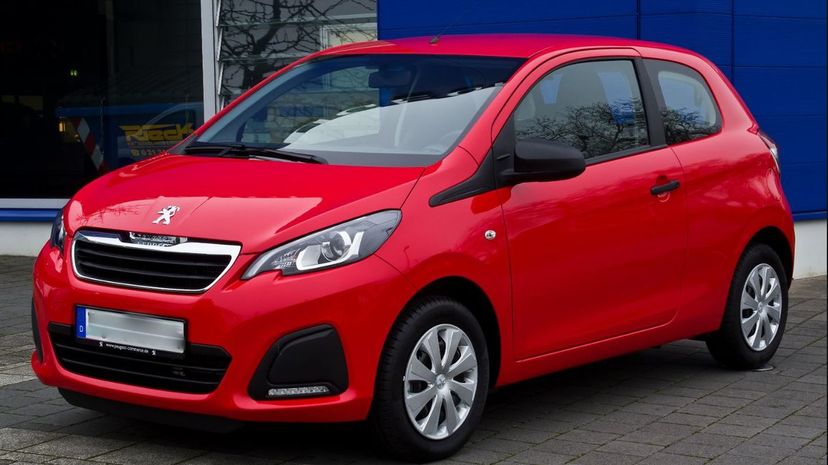
Peugeot is the oldest company on this quiz, dating back to the time of Napoleon. The family business that would go on to enter the auto market was founded in 1810 to make coffee mills and bicycles. The first Peugeot-produced vehicle was a steam tricycle in 1889, with an internal combustion-powered car a year later. Known as "the Lion" in many countries because of its logo, Peugeot is a popular and dependable brand around the world.
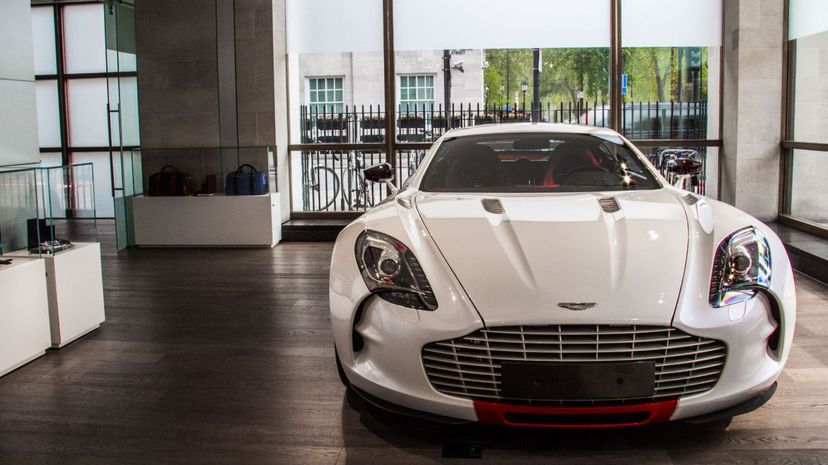
The car company was founded in 1913 by Lionel Martin and Robert Bamford (the "Aston" came from a racing track at Aston Hill), and it's been a symbol of British engineering and style ever since. Perhaps best known for its "DB" series (named after Sir David Brown, who owned the company from 1947 through 1990), the brand gained pop-culture relevance as the favored car of fictional spy James Bond (his signature vehicle for 12 films).
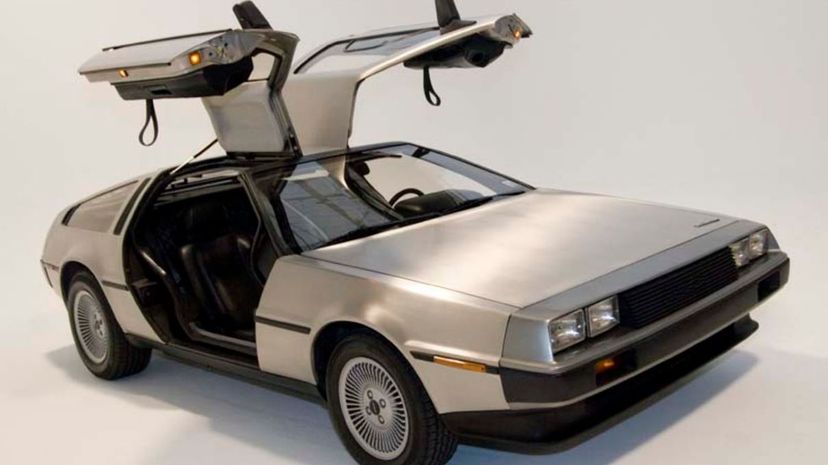
Familiar to any comedy and sci-fi fan as the time-traveling vehicle in the "Back to the Future" films, the DeLorean DMC-12 was the only vehicle ever made by DeLorean Motor cars. The company, founded by former GM executive John DeLorean, existed only for seven years and ran into financial trouble after cost overruns and other issues struck. Only about 8,500 units of the iconic DMC-12 were ever made, some of which went unsold.
Advertisement
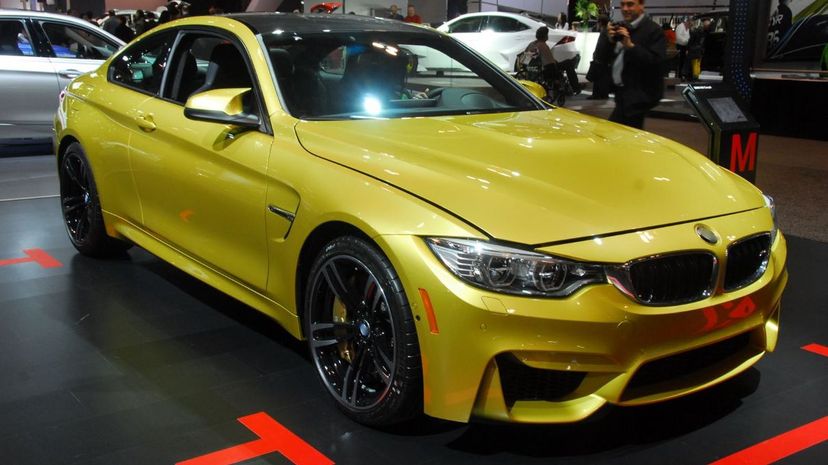
BMW - Bayerische Motoren Werke - was founded in 1916 and made aircraft engines. After World War I, Germany was forbidden to make airplanes, so the company switched to producing motorcycles and cars. After World War II, the company was banned from making motor vehicles, so it made pots, pans and bicycles. Cars were again on the table in 1952, and the company has been making quality automobiles and motorcycles ever since.
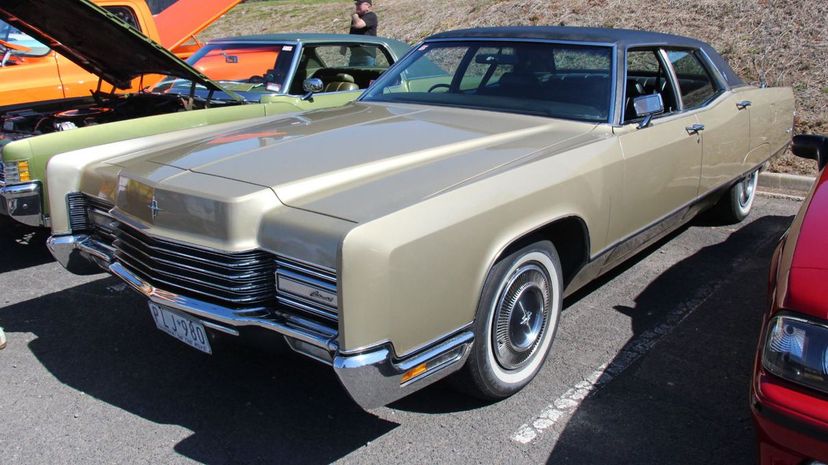
The Lincoln Motor Company was created in 1917 by Cadillac founder Henry M. Leland who, yes, did name the company after the 16th U.S. president. Financial issues forced the company into bankruptcy, and it was sold to Ford Motor Company in 1922 for $8 million. The company would later go on to be Ford's answer to the Cadillac, with a focus on luxury, and would offer vehicles such as the Continental, the Town Car and the Navigator.
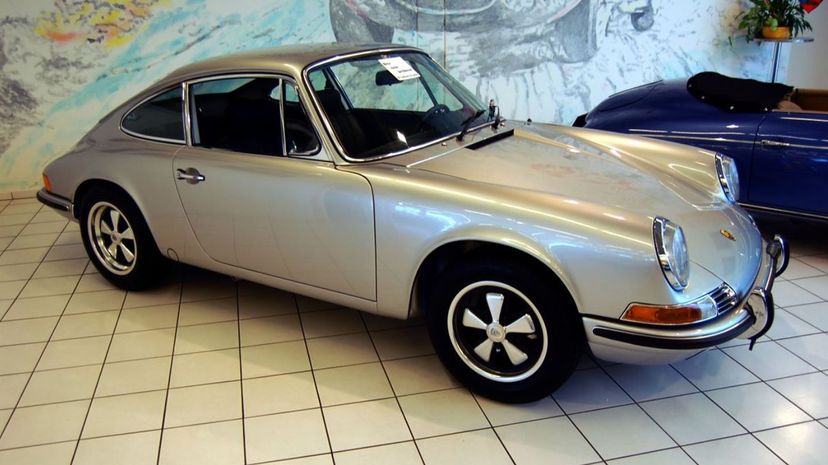
The company that would become Porsche began in 1931 when Ferdinand Porsche offered his services as an automobile designer and consultant, and one of his first jobs was creating what would become the Volkswagen Beetle. The company reorganized after World War II and found its niche creating cars that were fast on the track and beautiful on the streets. It's perhaps best known for the 911, which was released in 1963; more than 1 million have been made.
Advertisement
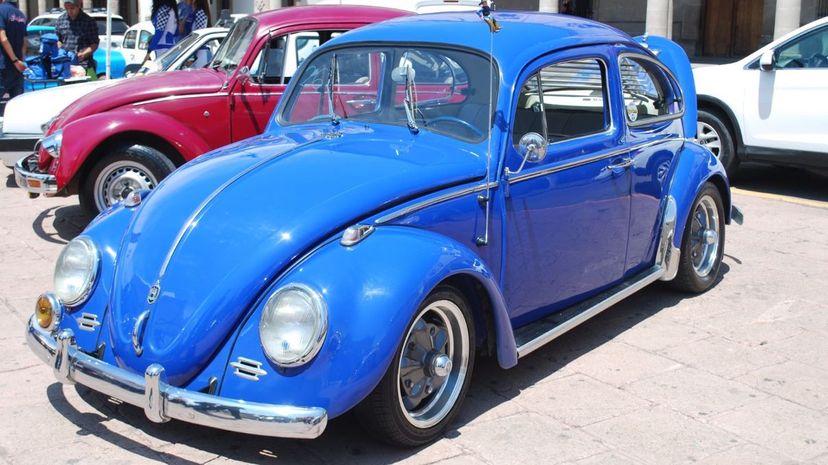
Founded in Germany in 1937 by a Nazi labor union (the German Labor Front), Volkswagen was designed to make affordable cars for German families ("The People's Car"). After World War II, Volkswagen was rebuilt under British observation in 1946, and the West German government was given control in 1949. Thanks to the ultra-popular Beetle and other standout vehicles, Volkswagen is now one of the largest automakers in the world.
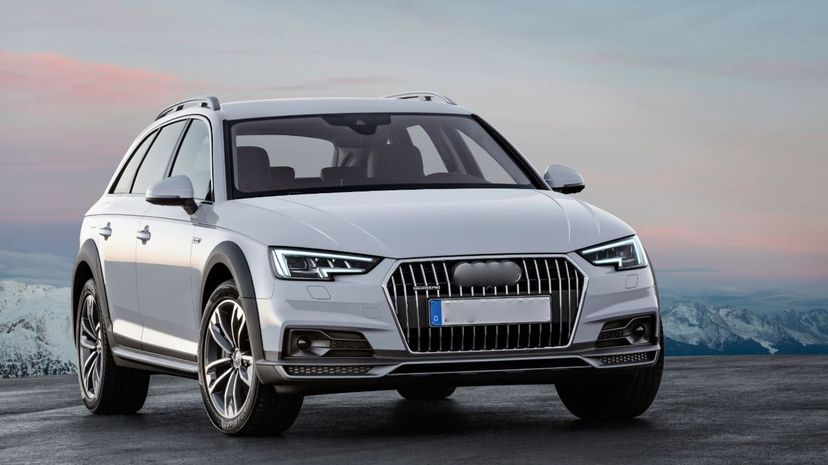
The company that would become Audi is the product of the merger of four German automakers - the Auto Union - in 1932. This is reflected in the company's "four rings" logo. The company is a pioneer of crash tests having conducted them for more than 75 years (it first demonstrated safety features by rolling one of its cars down a hill). Marvel movie fans will recognize the cars as Tony Stark's favored method of travel when he's not wearing his Iron Man armor.
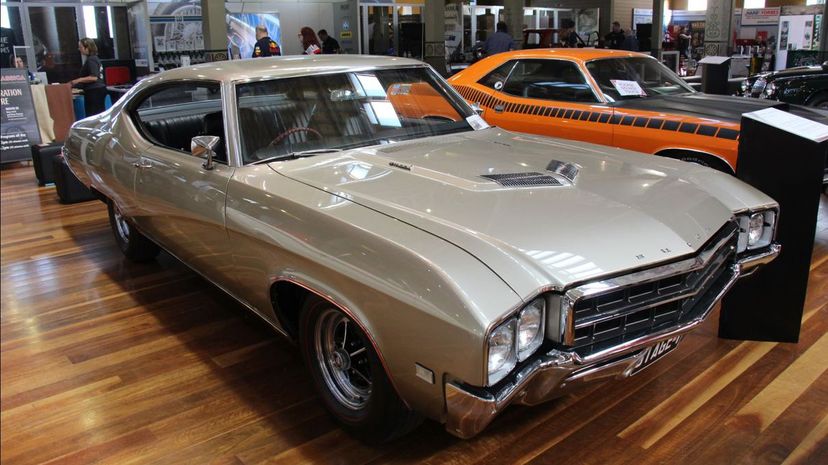
One of the first American automobile makers - it was founded by David Dunbar Buick in 1899 - Buick is a division of General Motors and has been historically marketed just under Cadillac as the automaker's premium brand. The company is responsible for such popular vehicles as the Enclave, the Encore, the Regal and the Skylark. While still sold in the U.S., Buick's marketing aim has shifted, with 80% of Buicks now sold in China.
Advertisement
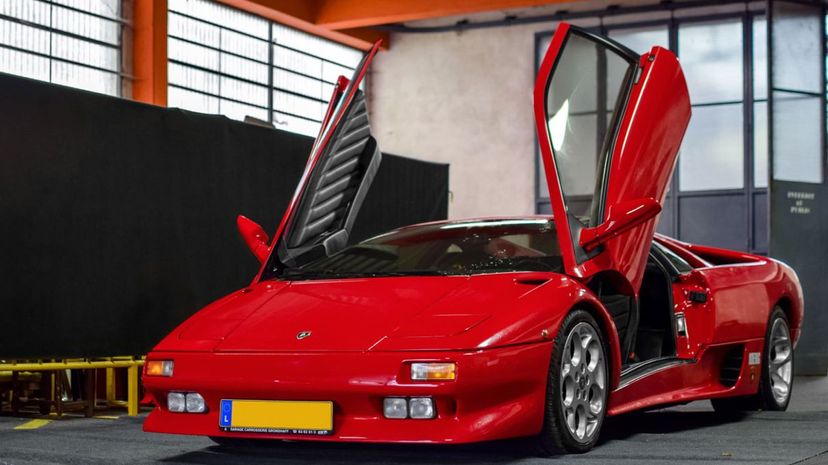
The very name "Lamborghini" conjures up images of fast cars and the epitome of Italian style. The company was started in 1963 by Ferruccio Lamborghini to take on companies such as Ferrari in the grand touring car space. The company soon started turning out vehicles like the Miura, which redefined how performance cars were designed. The legendary Diablo and Countach followed. The company is now a subsidiary of the Volkswagen Group.
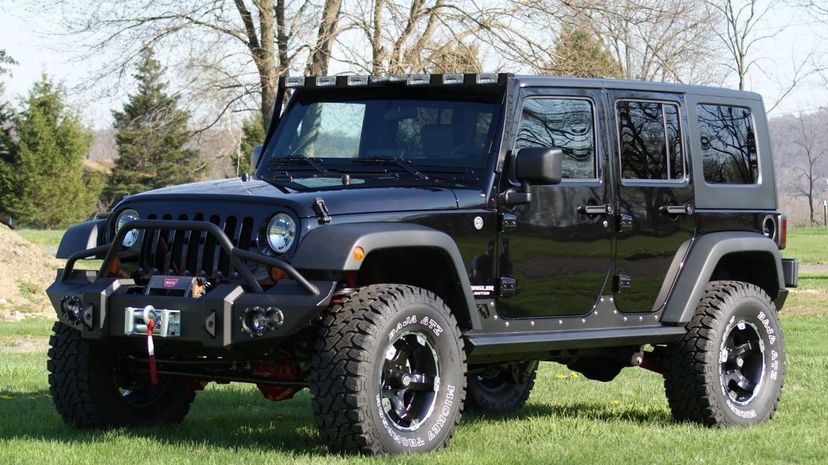
The Jeep brand has gone through a lot of owners in its existence. First developed as a way to move troops during World War II, the Jeep, designed through a U.S. Army competition between Willys-Overland and Ford, was at various times owned by Kaiser Jeep, AMC Chrysler and now Fiat. There are many theories about how the Jeep got its name, ranging from a slurring of the military designation (G.P., for "General Purpose) to being named after a character in "Popeye."
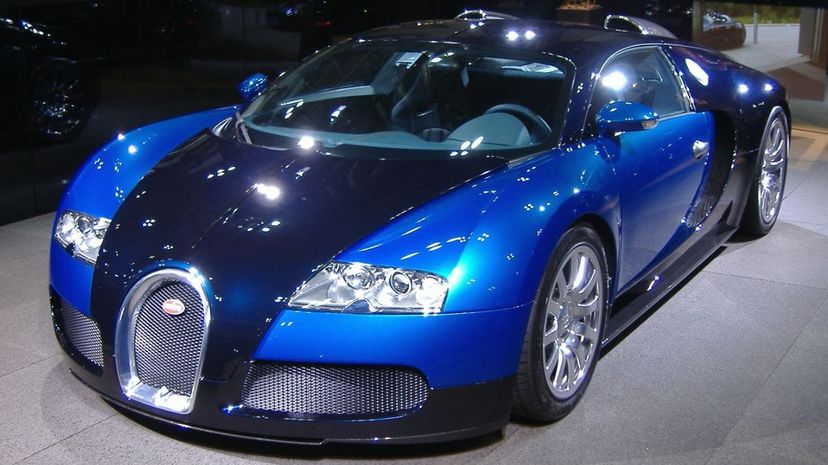
A true "if you have to ask, you can't afford" vehicle, French auto manufacturer Bugatti has been making cars that push the envelope of automotive technology for more than 110 years. Now a subsidiary of Volkswagen, Bugatti makes some of the most impressive - and expensive - cars in the world. A custom La Voiture Noire was offered in 2019 an asking price of $12.5 million - its selling price was $18.7 million.
Advertisement
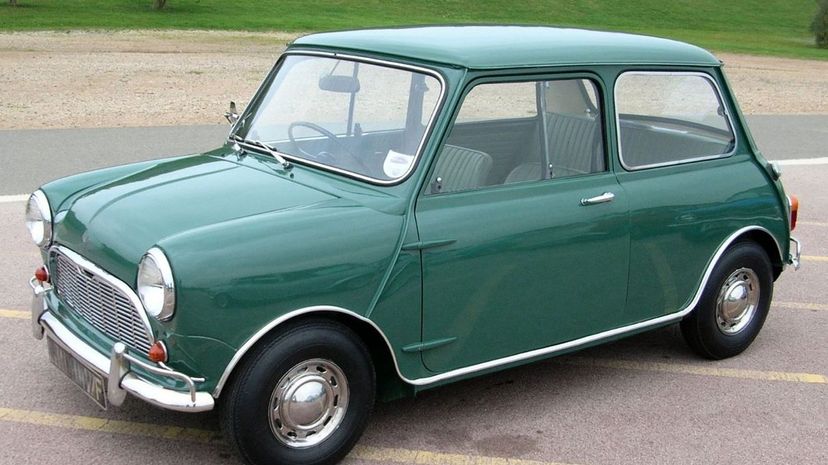
U.K. gas prices were soaring in 1957, and huge automobiles didn't make a lot of sense, so the Morris Company designed a car that was easy on the wallet, could carry a family of four and was still fun to drive. Thus, the Mini was born! In 1961, British racer John Cooper helped design a faster, more powerful version - the Mini Cooper. These iconic cars had starring roles in both the 1969 and 2003 "The Italian Job" films. BMW now owns the Mini marque.
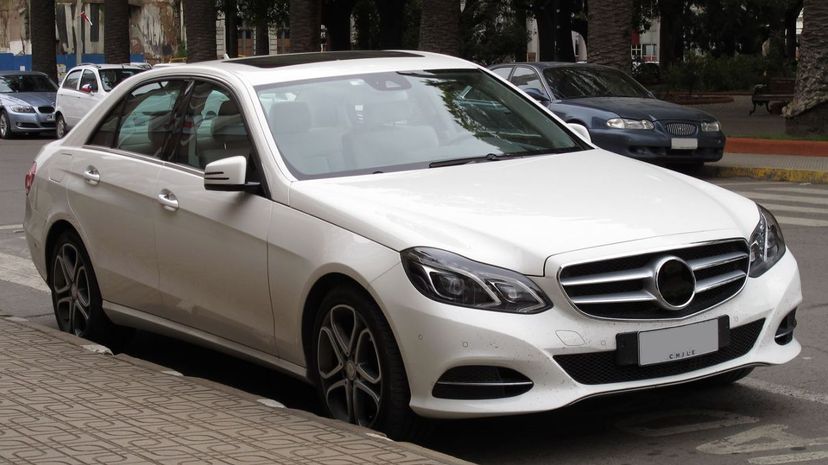
With a slogan of "The Best or Nothing," Mercedes-Benz prides itself on the quality of its products and is currently the best-selling premium auto brand in the world. Karl Benz, one of the company's founders, is credited with creating the first gas-powered car in 1886, and the company has gone on to create a reputation for both quality and style around the world. "Mercedes" comes from the name of the daughter of one of the company's founders, Emil Jellinek.
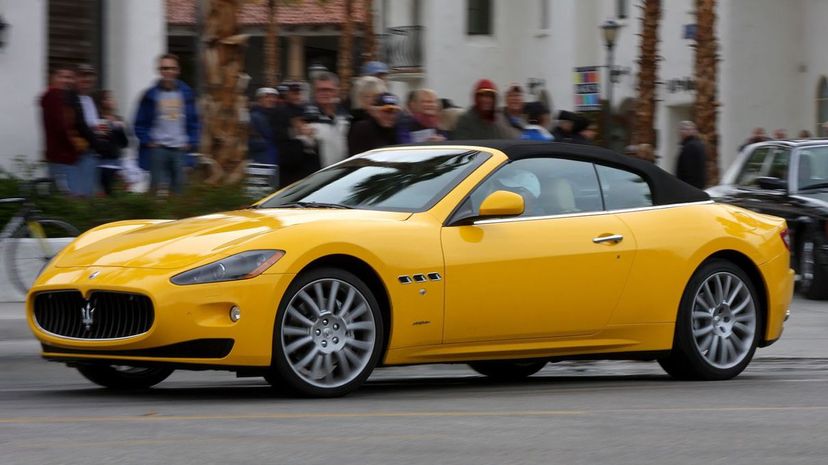
Maserati - tag line: "The Absolute Opposite of Ordinary" - is one of the premier makers of "aspirational" automobiles in the world. Dating back to 1914, the Maserati brand started out making race cars and spent the first few decades of its life in the motorsports arena until the late 1950s, when the company moved its focus to grand tourers and production vehicles. The company would go on to make some of the most desired ultra-luxury vehicles in the world.
Advertisement
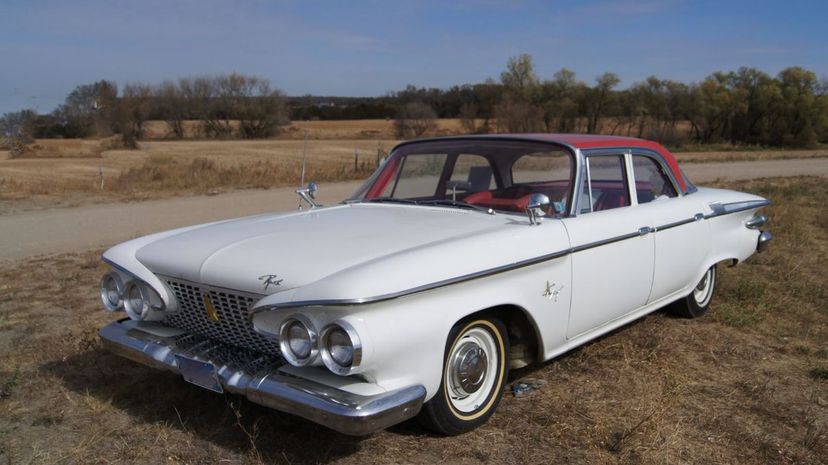
The Plymouth line was intended by its parent company, Chrysler, to provide the low-entry-point vehicles and compete in the space that Ford and Chevrolet were dominating in 1928. The company is responsible for some iconic automobiles, such as the Fury, the Duster and the Barracuda, which was designed to go head-to-head with the Mustang. Chrysler shut the brand down in 2001 after 73 years after falling sales and a lack of unique vehicle offerings.
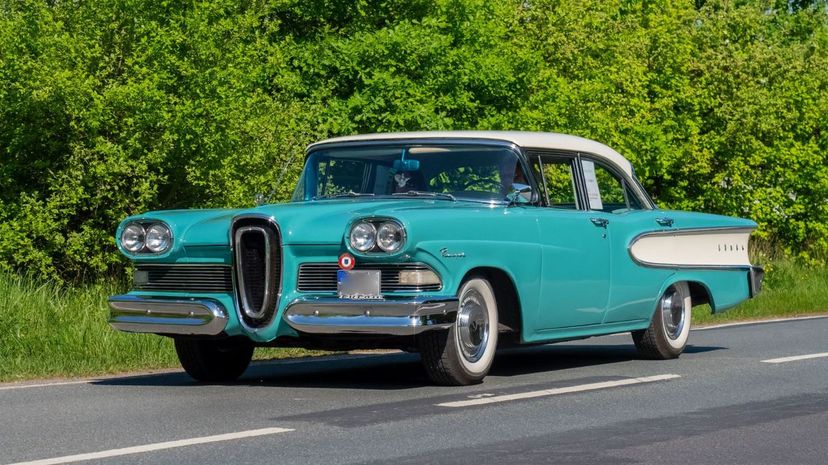
Edsel Ford, Henry Ford's son, took the reins of the company after his father retired in 1919. In 1943, Henry Ford returned to the office after Edsel died of stomach cancer. The company decided to honor Edsel Ford by naming its new division after him - a division many thought would be the company's future. The line, however, failed spectacularly, lasting only from 1956 to 1959. Faulty market research was blamed for miscalculating the public's interest in the Edsel vehicles.
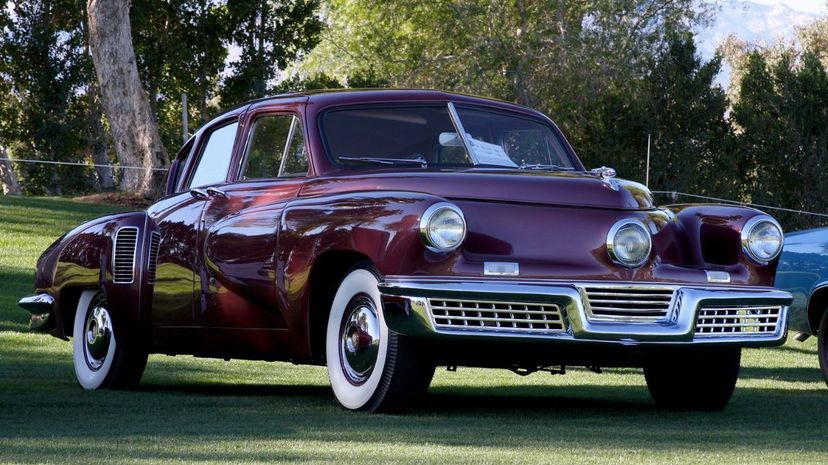
Entrepreneur Preston Tucker had a vision of producing a car with a style not being offered by the "Big 3" that a World War II-weary America would line up to buy. Sadly, the Tucker 48 Sedan prototype had several problems during its premiere, and while many issues were later fixed, bad publicity and a business scandal (of which Tucker was acquitted) doomed the company; only 50 cars were completed. The movie "Tucker: The Man and His Dream," directed by Francis Ford Coppola, told Tucker's story in 1988.
Advertisement
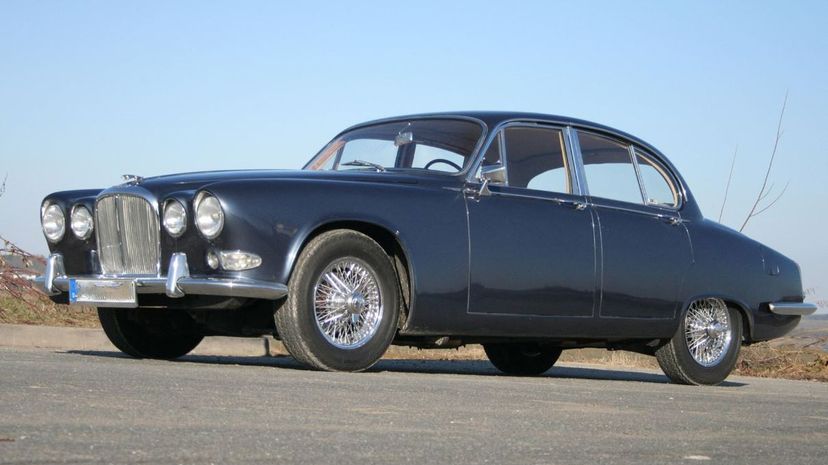
Jaguar began life as the Swallow Sidecar Company in 1922, later becoming S.S. Cars in 1935 and then Jaguar, named after one of its own cars after the term "S.S." took on a different meaning during World War II. Known for endurance racing success and consumer luxury, owning a Jaguar became a status symbol for many around the world. Ford bought the company in 1990 but couldn't make it profitably; it sold the brand to the Indian-based Tata Motors in 2008.
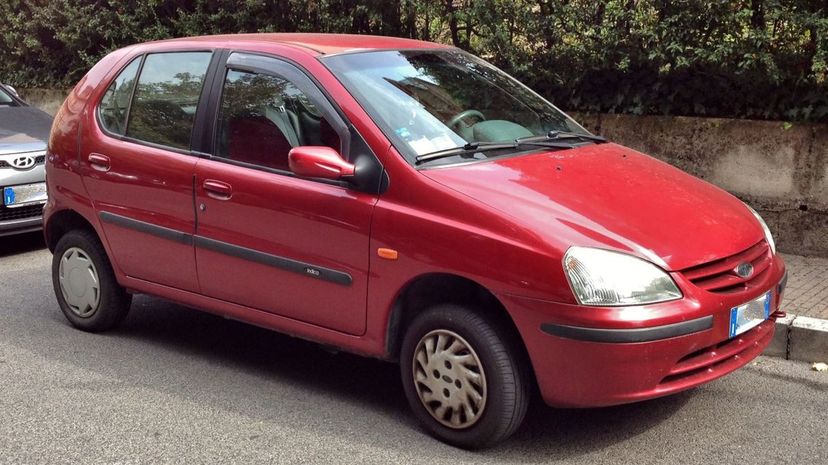
Tata Motors, headquartered in Mumbai, India, was founded in 1945 and manufactures cars, trucks, vans and military vehicles. Their most famous vehicles in the West, however, are two brands forever linked to the U.K.: Jaguars and Land Rovers. Those haven't been British-owned brands for a long time, though; Tata bought them from the Ford Motor Company in 2008 for $2.3 billion. Jaguar Land Rover, however, is still based in Whitley, Coventry, England.